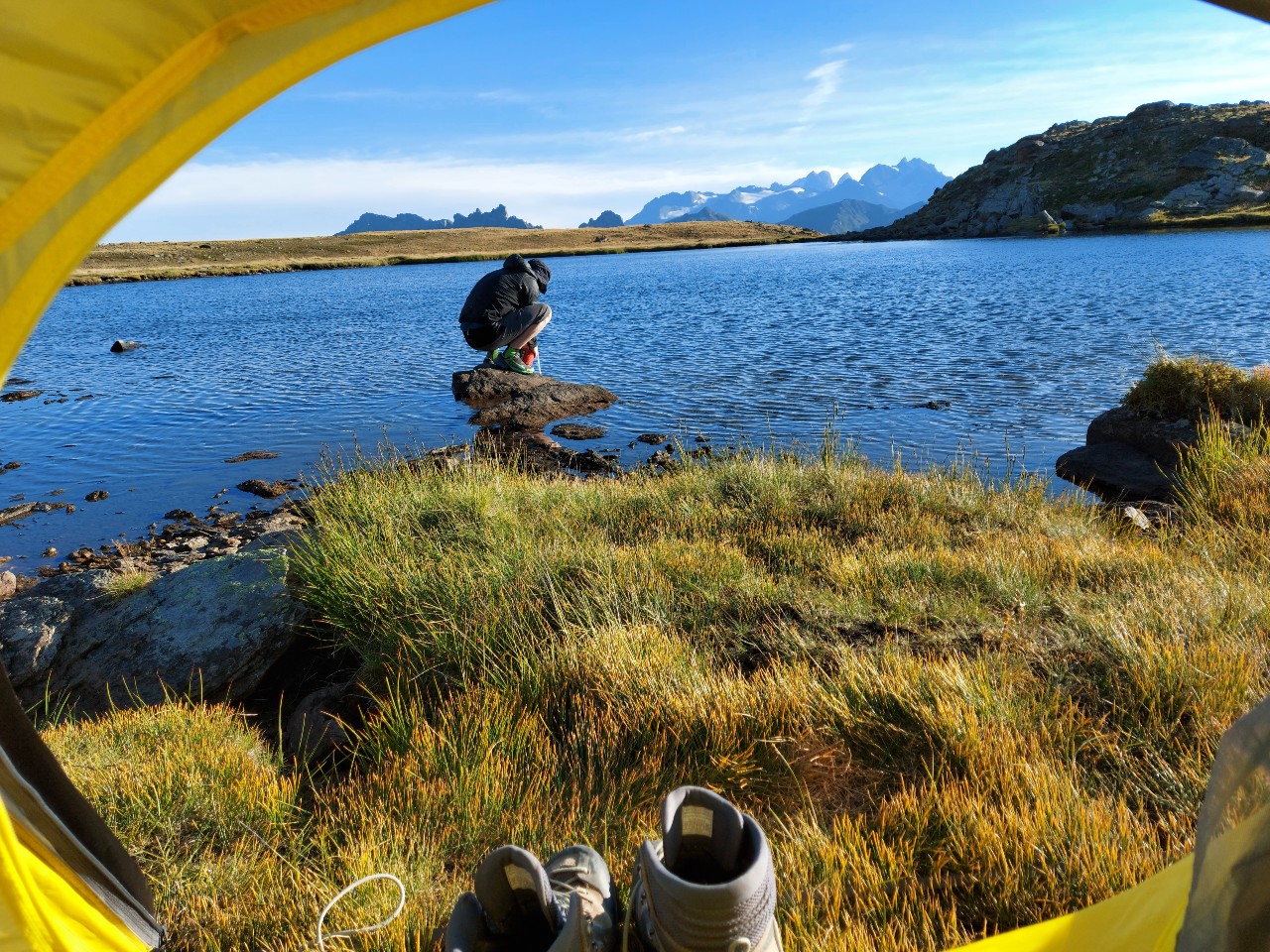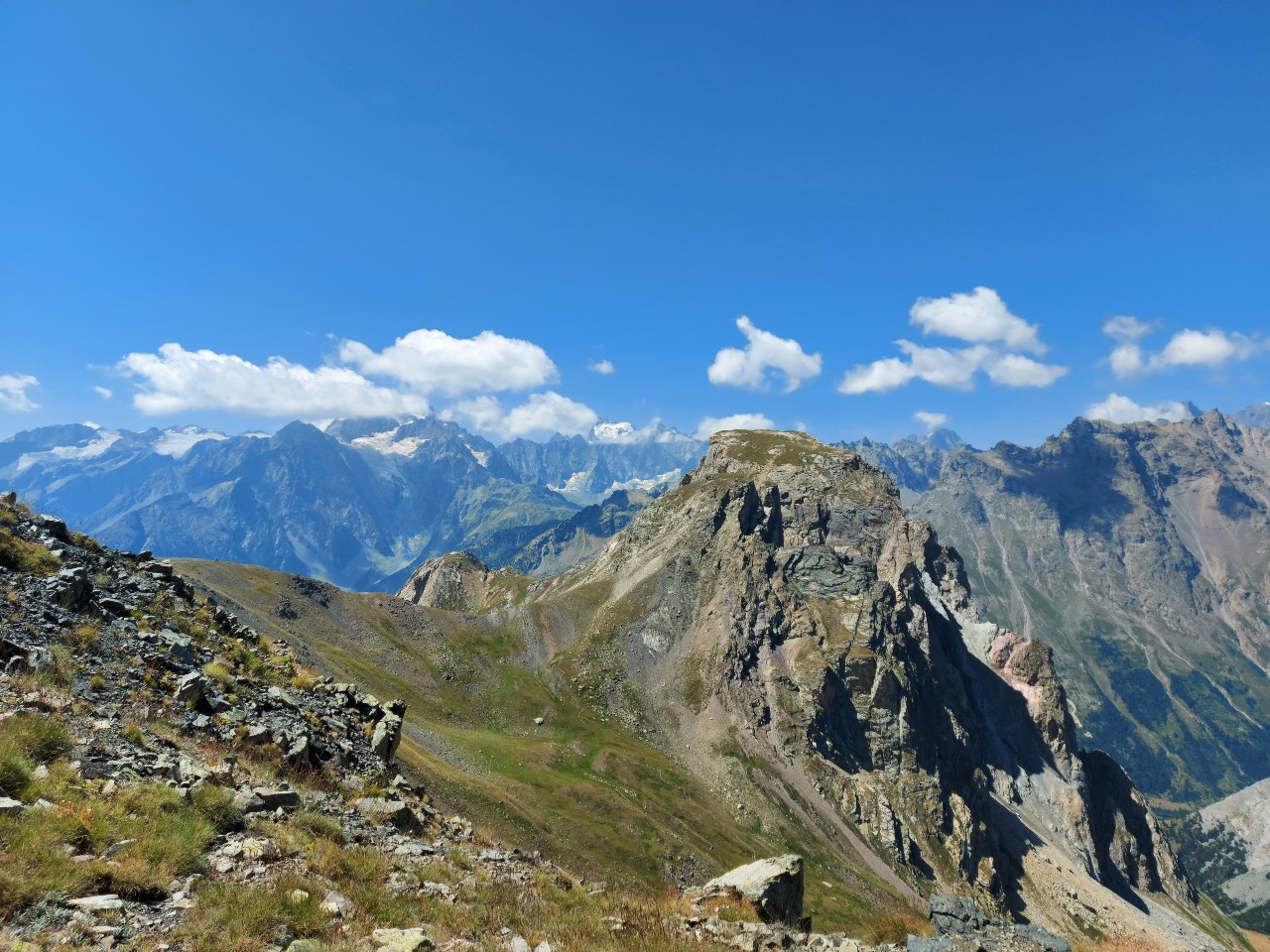How we grade our expeditions
Grading is highly subjective
Grading or applying a ‘level’ is highly subjective. Almost completely dependent on personal fitness and mindset. What feels strenuous to me, might feel relatively easy to you – and vice versa. As such, this was written with the average person in mind and should be used as a guide, not as gospel.
The Grades:
Easy: Up to 5 hours walking or Nordic back-country skiing on gentle ground. Or trails carrying light day pack with an elevation gain of less than 500m. Examples of this would be hiking on trails in Ireland or absolute beginner Nordic skiing in lowland Arctic.
Moderate: Up to 6 hours walking off trail carrying a light day pack with elevation gain of up to 800m. Or Nordic back-country skiing on gently rolling terrain. Examples of this might include: Hill-walking in Ireland & the UK, or on Lofoten, a stage of Camino de Santiago, shorter/beginner Alpine trekking days, multiple easy days back-to-back, longer days of beginner Nordic skiing in lowland Arctic. Our standard Arctic Expedition combines easy and moderate days.
Difficult: 6 to 8 hours walking carrying day pack or Nordic back-country skiing on gently rolling terrain pulling a pulk. Examples would include hiking in Ireland with a full day pack and significant elevation gains (and losses), single day treks in the Alps or Atlas mountains (Mount Toubkal) carrying a light day pack, multiple moderate days back-to-back. Carrying a full pack for multiple days would make this type of walking strenuous.
Strenuous: 8+ hours walking with heavy day pack or Nordic Skiing with pulk. 6+ hours snow-shoeing or multi-day walking with full pack. Altitudes of over 3000m and/or elevation gains over 1000m per day. A moderate to difficult journey can be classified as strenuous if carrying a full pack or hauling a full pulk on a multi-day journey. Examples might include our Skiing 3 Countries Arctic Expedition This is probably on the boundary between difficult and strenuous, our Greenland Arctic Circle Trail due to the heavy pack and length of time in remote wilderness, Tour du Mont Blanc.
Demanding: Multi day journeys of a longer duration, usually at altitude (i.e. 2800m+) with high elevation gains and losses per day. May include more technical terrain. Examples- GR54 in The Écrins, GR20 Corsica.

Other things to note:
A day pack typically weighs approx. 5-8kg and includes food, water, raingear, headtorch, hat & gloves etc.
A full pack weighs in anywhere between 12 and 20kg. The weight is dependent on the number of days’ journey. It includes day pack items plus enough kit & food for overnight camp(s).
*Carrying a full pack can move any walk up a grade.
Hopefully this will help you ascertain where you are at in relation to what you want to achieve.
Please don’t hesitate to use the chat, message us on social media or drop us an email so we can help if you are still unsure.





